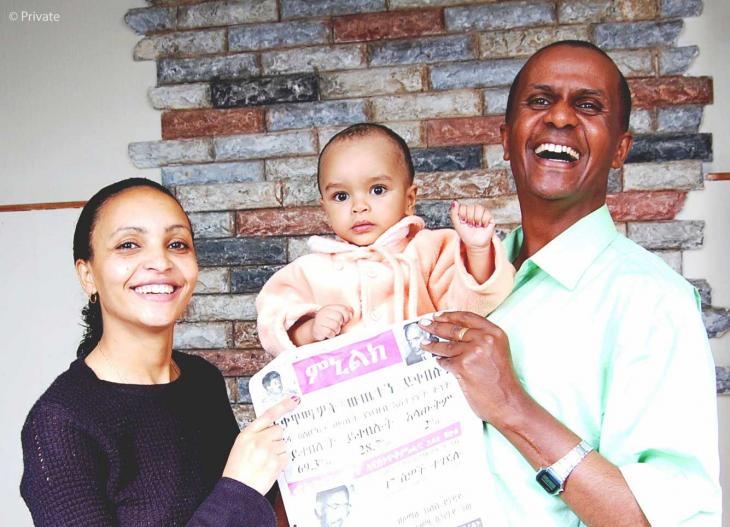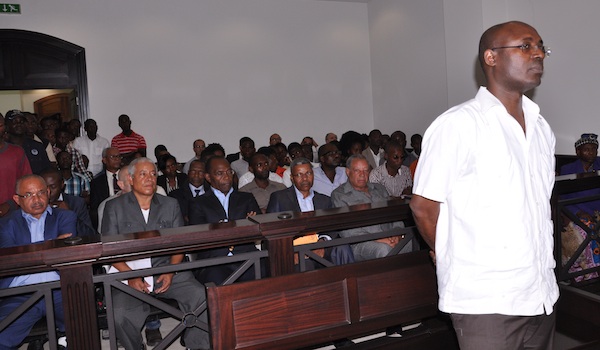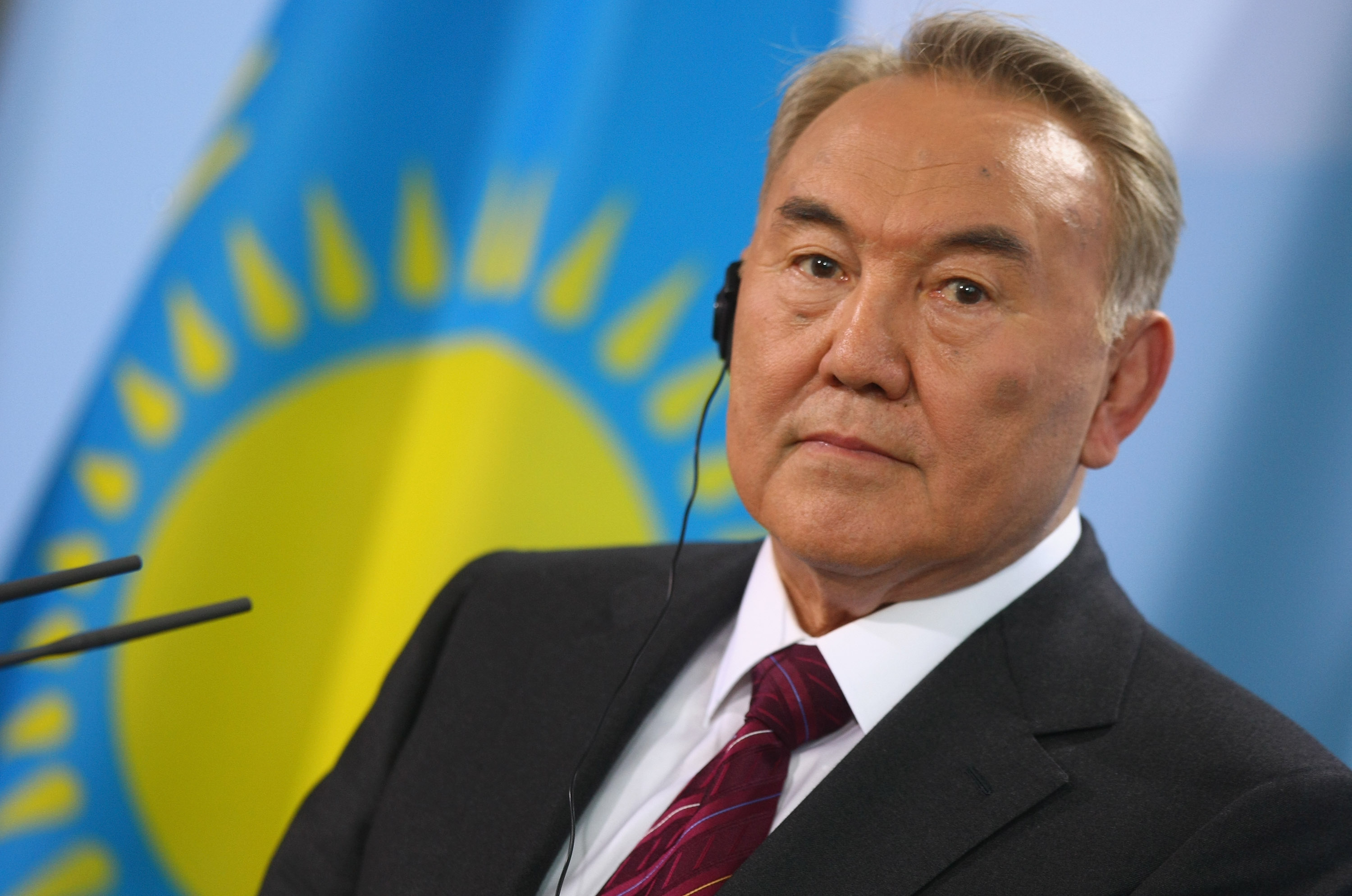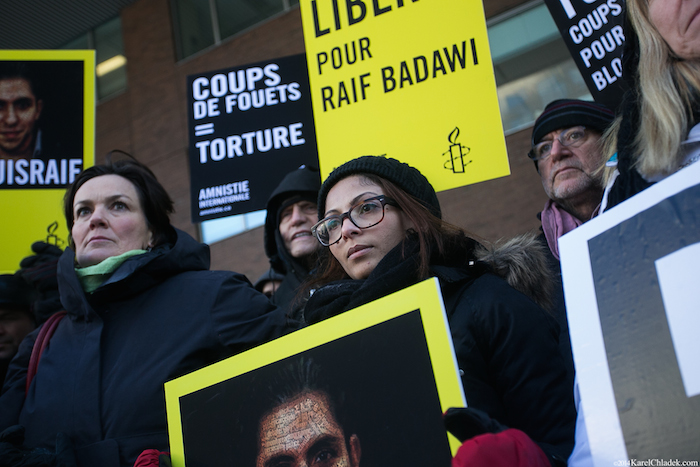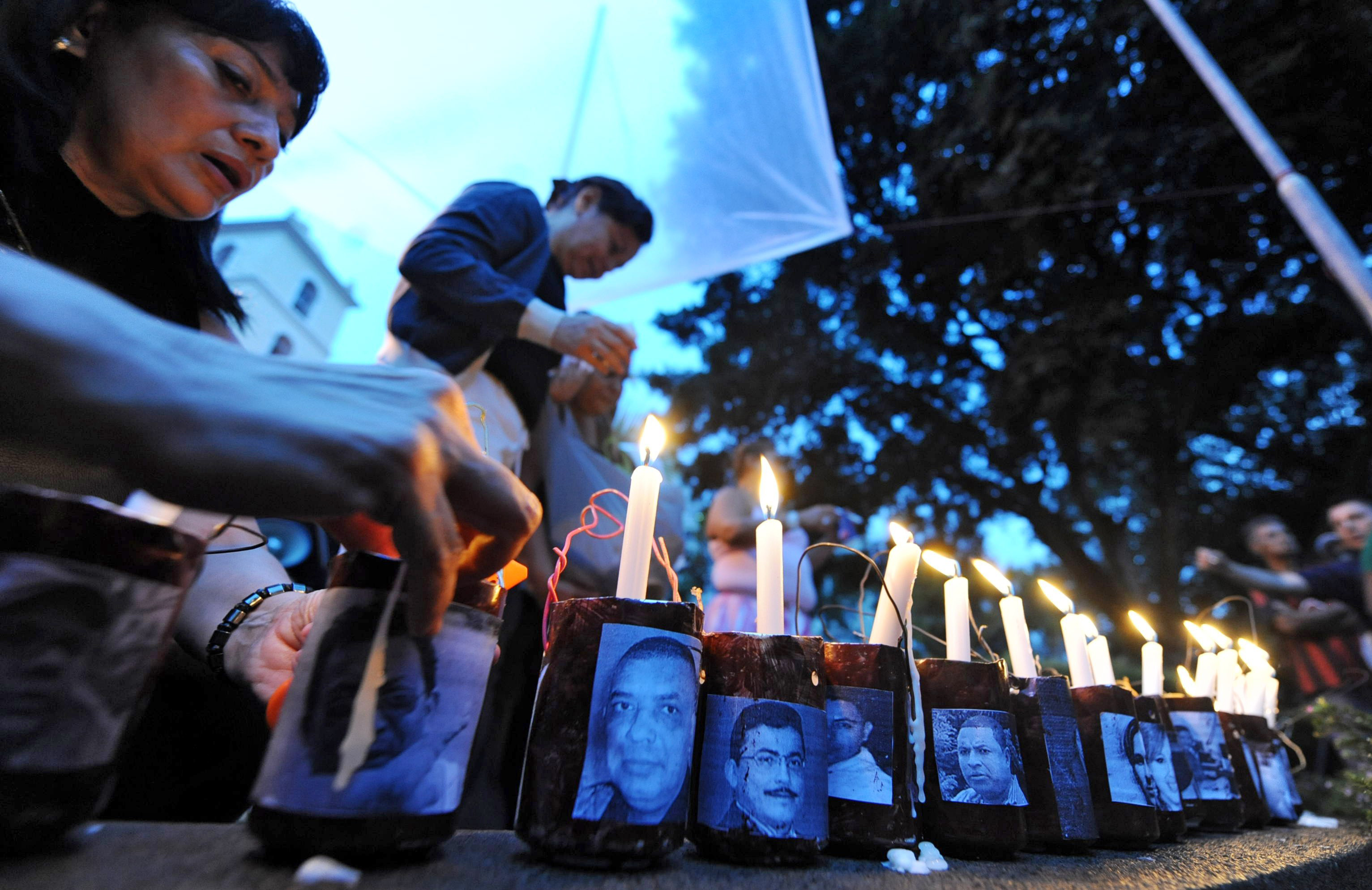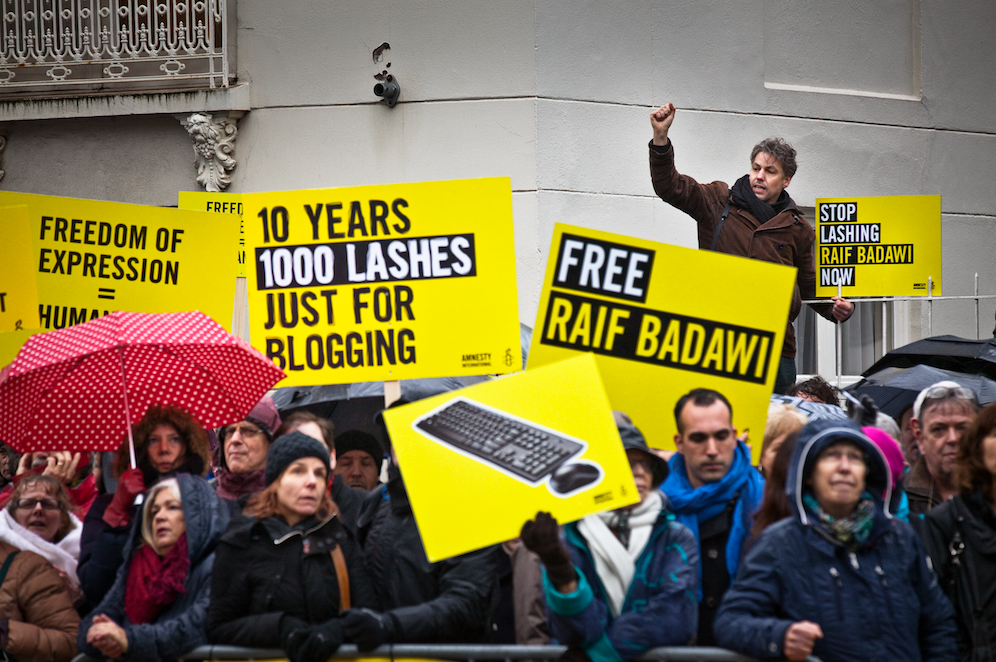 There is a short distance between freedom and conviction in Angola. For journalist and human rights activist Rafael Marques de Morais, it was one week.
There is a short distance between freedom and conviction in Angola. For journalist and human rights activist Rafael Marques de Morais, it was one week.
Rafael went to court last Thursday and thought he reached a settlement agreement on charges of criminal defamation. Today, he received a 6 month prison sentence suspended for two years. Amnesty had called for all charges to be dropped.

